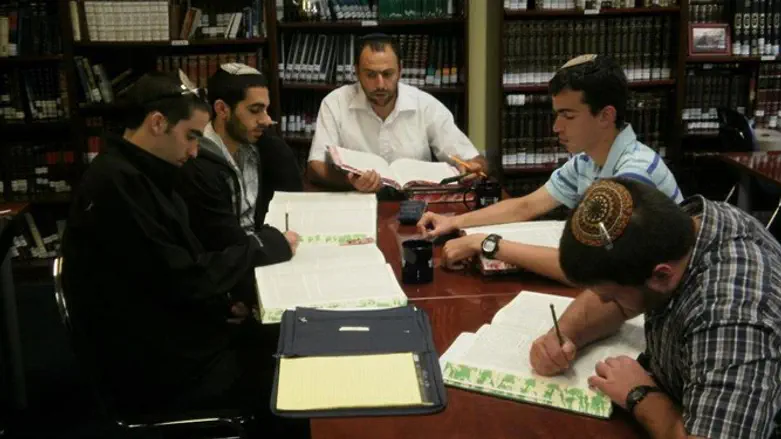

This week's Dvar Torah si by Rabbi Yonatan Rosensweig
Former Rosh Kollel Melbourne (2006-2009) , currently Community Rabbi in Beit Shemesh
Generally speaking, the Torah reflects the historical story of the Jewish people during the lifetime of Moshe Rabbeinu. The Book of Bereshit is unique in this sense, as it is set during the lifetime of our forefathers, but it serves as a preface to the other books. So, when we reach Sefer Shemot, we start the central story of the Torah, that of a family which became a nation.
Interestingly, the story of this nation is not anchored in the myth of heroism, or in the ideal painting of a people that grows free and strong and establishes its place in the world. On the contrary, the story of the Jewish people begins in Egypt when it is under servitude. Israel will never forget that at first it was a people of slaves. While in modern times it is customary to say that the right to freedom is an inalienable right of every human being, we emphasize that our essential beginnings come from servitude.
The reason for this is simple, as it is explicitly stated by the Torah elsewhere that the people of Israel "shall not be sold as slaves" and the reason: "For they are My servants." The reason that a Jew can not be sold into slavery is because he is already a slave to another Lord, the Creator of the Universe. The people of Israel are born out of a reality of slavery because slavery must be part of our existential consciousness - we are the servants of God, not servants of flesh and blood.
This is the commentary of the Mishnah in tractate Avot: "You have no free person but one who studies Torah". The Jewish approach does not release man from slavery - it directs him to choose internally the framework to which he wishes to belong. After all, every person is a slave - a slave to his country, to the society in which he lives, to the social frameworks to which he belongs, to the work in which he works, etc. These decisions bring us to a certain place, to a certain set of expectations, and bind us somewhat.
However, subjugation to the law is internal enslavement, and as such is not enslavement at all. After all, the Holy One, Blessed is He, is not standing over us with a whip and forcing us to worship Him. Here, not the external needs of life force us to accept the burden of slavery of God, but the inner desire to belong to something big, important and lofty.
Therefore, as we stand at the beginning of Sefer Shmot, the biblical story reminds us: the purpose of the Divine movement is not unlimited freedom but the freedom to choose responsibility, to fix the world in accordance with God's will. Only when a person chooses his system of enslavement from an inner will can one say that he is truly free. Indeed, a free man is someone who studies Torah, and we are fortunate that we have been privileged to do so.![]()
comments:ravyoni@gmail.com
